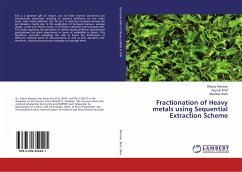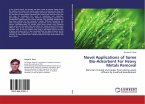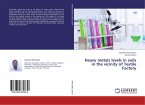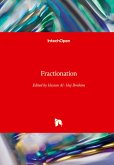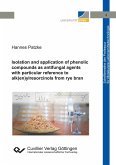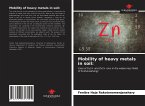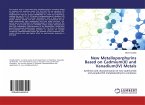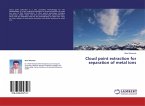Soil is a greatest gift of nature, but its finite reserves (nutrients) are continuously exhausted resulting in nutrient deficiency. On the other hand, toxic metal pollution (Cd, Pb etc.) in soils has increased during the last decades, mainly due to the application of farmyard manure, sewage sludge, waste and mining waters or fertilizers obtained from phosphorites. The study regarding the speciation of metals among different geochemical pools/phases has great importance in terms of availability to plants. This therefore, warrants exploiting the soils to know the distribution of different chemical pools of micronutrients as well as toxic elements and, therefore, adopts precautionary strategies to manage them.

